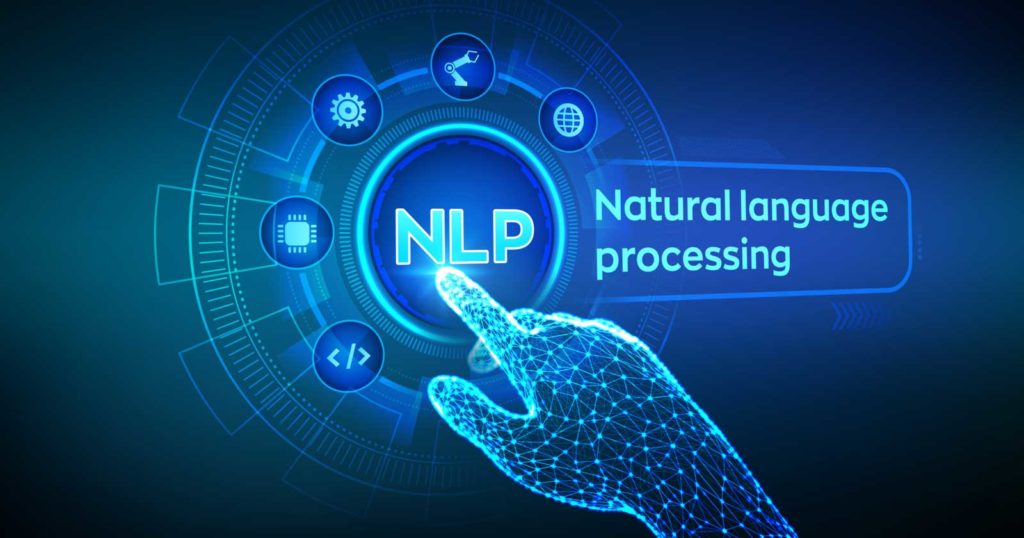
Natural Language Processing (NLP) stands as one of the most transformative applications of Artificial Intelligence (AI), revolutionizing the way machines interact with human language. Through a combination of sophisticated algorithms, deep learning, and language models, AI systems can now understand, interpret, and generate human language with remarkable accuracy and efficiency. This article dives into the advancements in NLP, exploring how it has unlocked a myriad of applications, including sentiment analysis, language translation, and voice assistants, ultimately reshaping the landscape of human-machine communication.
Understanding the Complexity of Human Language
Human language is complex, with nuances, idioms, and context that can be challenging for machines to grasp. NLP seeks to bridge this gap by equipping AI systems with the ability to comprehend natural language as humans do. From recognizing parts of speech to disambiguating word meanings in context, NLP algorithms have evolved to handle the intricacies of language, enabling more accurate and context-aware interactions.
Sentiment Analysis: Decoding Emotions at Scale
Sentiment analysis, a powerful NLP application, allows AI systems to analyze and interpret emotions from textual data. Whether it’s social media posts, product reviews, or customer feedback, AI-driven sentiment analysis can gauge the emotional tone of the content, providing businesses with valuable insights into customer satisfaction and brand perception. This data-driven approach empowers organizations to make data-informed decisions and respond promptly to customer sentiments.
Language Translation: Breaking Down Language Barriers
NLP has transformed language translation, making it faster and more accurate than ever before. AI-powered translation systems employ neural machine translation models to understand the context of a sentence and produce more coherent and contextually appropriate translations. This has paved the way for seamless multilingual communication, fostering global collaboration and understanding.
Voice Assistants: Conversations with Machines
Voice assistants have become ubiquitous in our lives, and NLP is the driving force behind their success. By processing speech and understanding natural language commands, voice assistants like Siri, Google Assistant, and Alexa can respond to queries, perform tasks, and deliver personalized information. NLP enables these voice interfaces to interpret spoken language and provide meaningful interactions, making them invaluable companions in our daily routines.
NLP for Contextual Understanding
Context is vital for meaningful communication, and NLP models have made significant strides in understanding context across different sentences and dialogues. Advanced language models, such as transformer-based architectures like BERT and GPT-3, have pushed the boundaries of contextual understanding, enabling more sophisticated natural language interactions.
NLP and its Role in AI Research and Applications
NLP has catalyzed progress in various AI applications. In fields like healthcare, finance, and legal, NLP assists in extracting valuable information from vast amounts of unstructured textual data, streamlining processes, and improving decision-making. Furthermore, NLP is empowering chatbots and virtual assistants to provide more accurate and contextually relevant responses, enhancing customer support experiences.
Empowering Human-Machine Communication
As NLP continues to advance, the possibilities for human-machine communication are boundless. The ability of AI systems to understand, interpret, and generate human language opens doors to new applications and innovations. From sentiment analysis to language translation and voice assistants, NLP has touched numerous aspects of our lives, simplifying interactions, and making technology more accessible and user-friendly. As AI researchers and developers continue to push the frontiers of NLP, we can anticipate an exciting future where human-machine collaboration thrives, enriching our daily experiences and propelling society towards greater progress.



